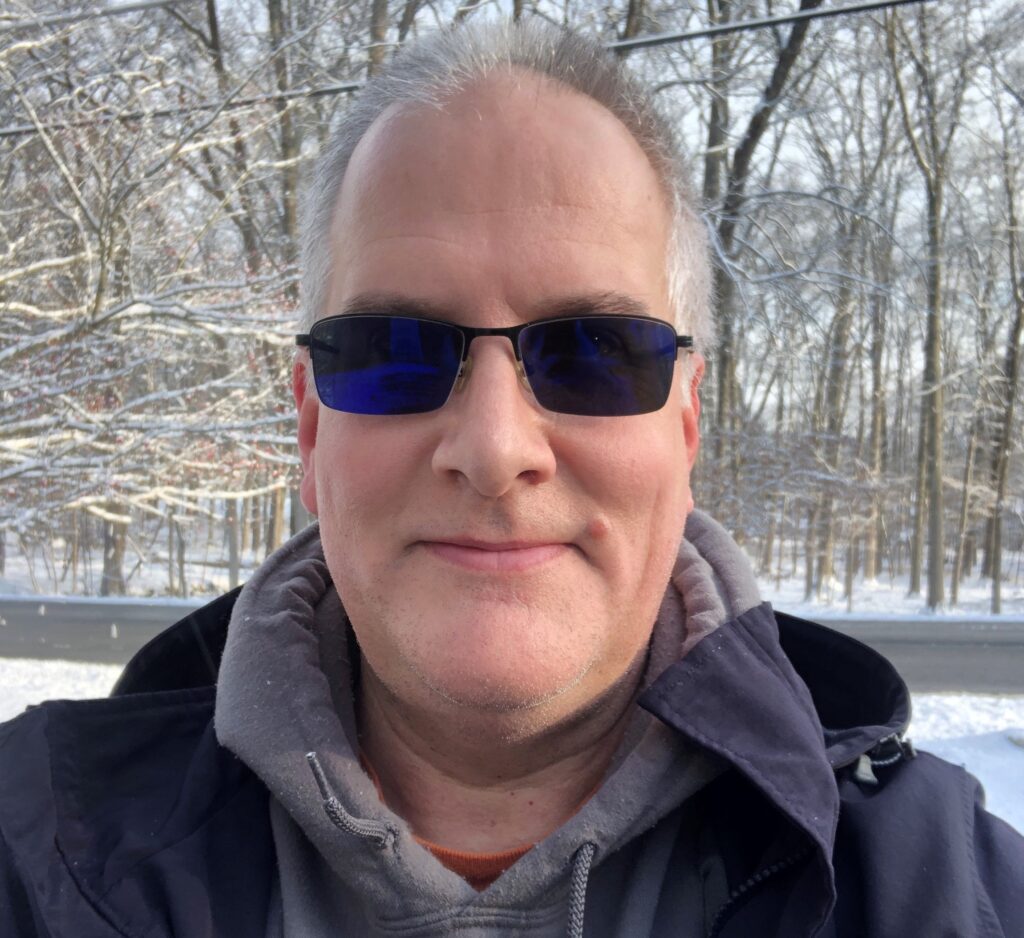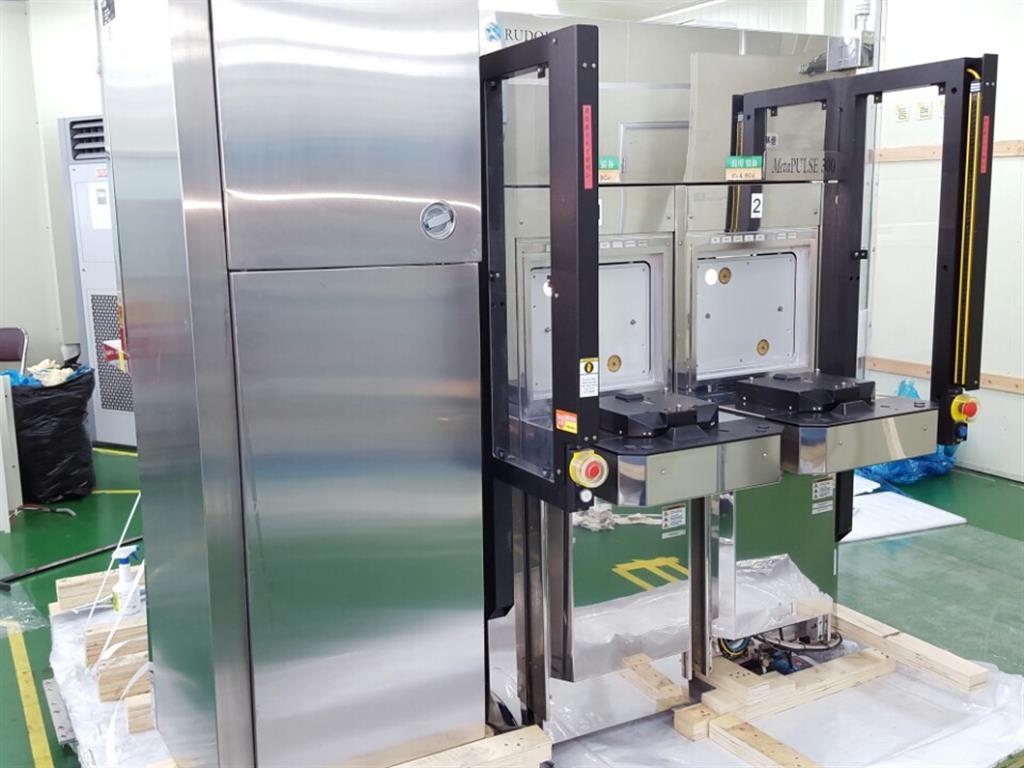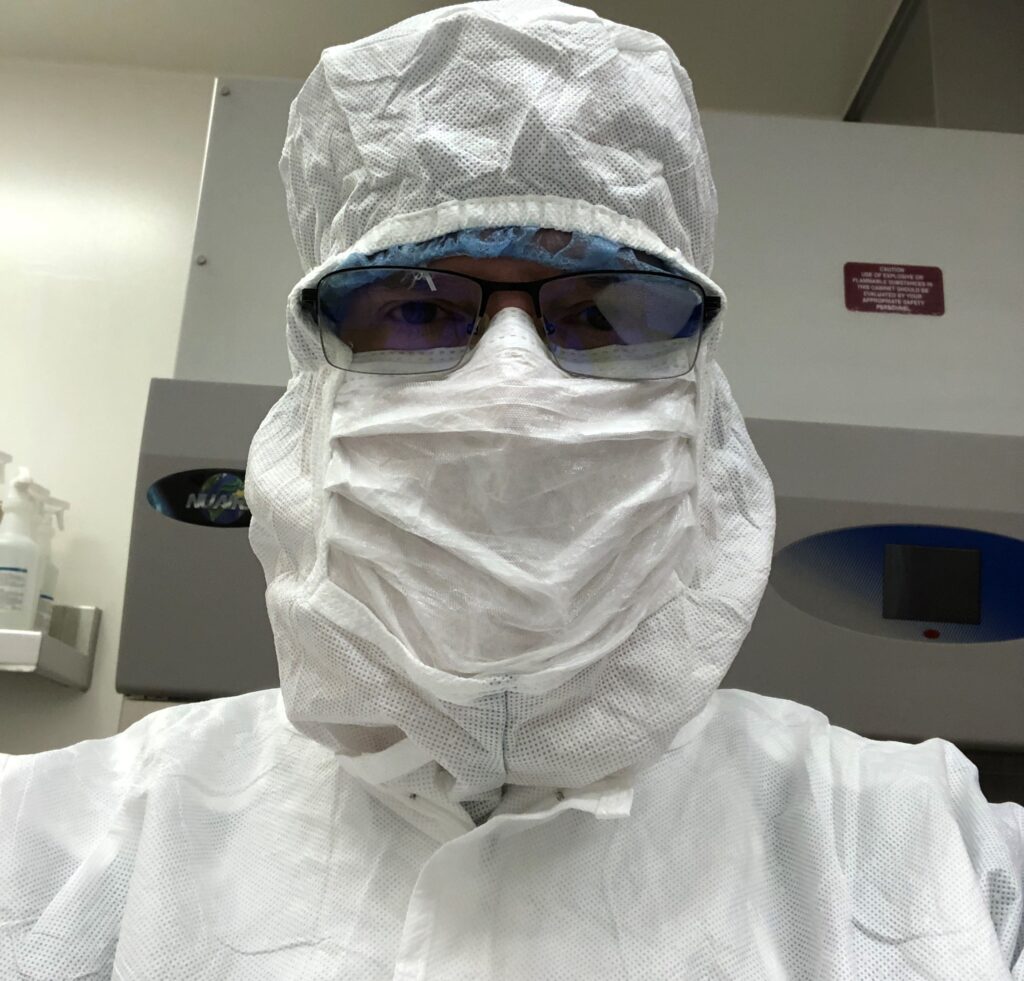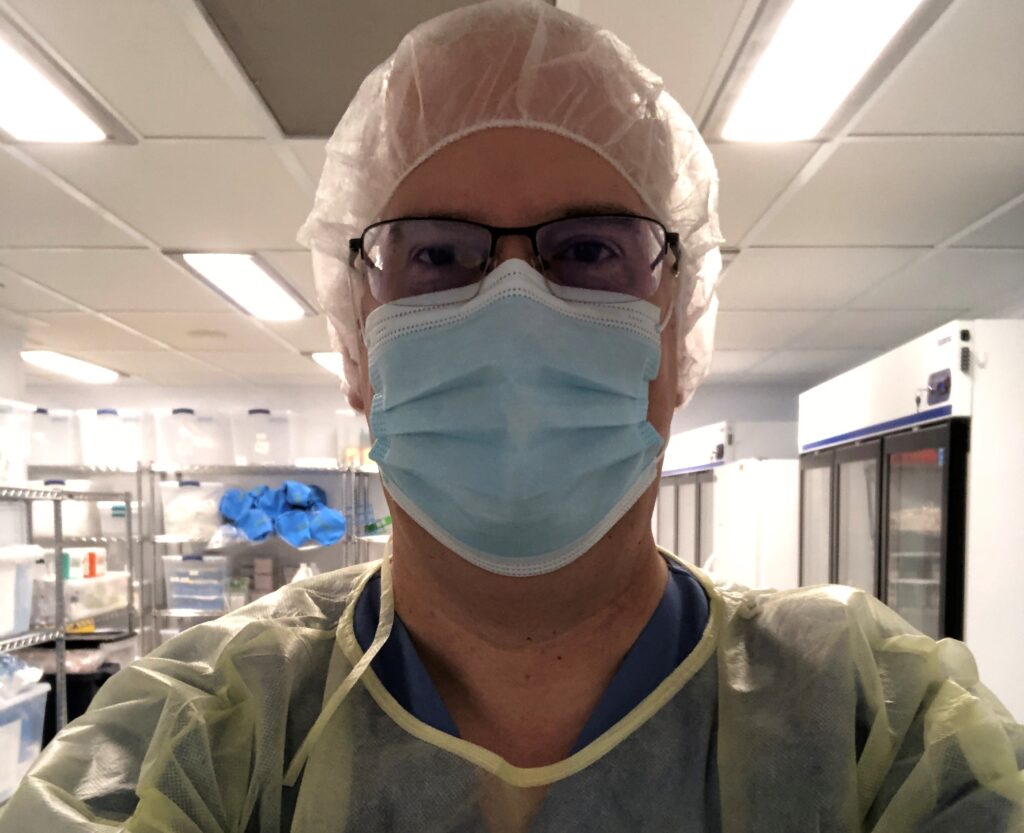Technical Trainer and Field Service Engineer
Field Service Engineer for Miltenyi Biotec
Russell Neyhart is a Technical Trainer and Field Service Engineer with a breadth and depth of experience. He studied Microelectronics Technology.
At the moment he works for Miltenyi Biotec and is based in Pennsylvania. Russell has previous experience with Sartorius Stedim Biotech, Lam Research, STERIS Corporation, Rudolph Technologies now Onto Innovation, and Bio-Rad Laboratories.


Background and path to engineering
Could you give a brief description of your background and what led you to work in medical engineering?
Starting out, I wanted to become an automotive technician, later on an aircraft maintenance technician. I was afforded an opportunity to earn an Associate’s Degree in Microelectronics Manufacturing which led to my work as a Field Service Engineer (and Technical Trainer) working first on semiconductor tools, and now on clinical instrumentation.
Were there any childhood interests which were a factor?
I always had a love and fascination with all things mechanical, especially automobiles and aircraft, specifically helicopters.
Do you take things apart and fix things at home too?
Not so much as a child or teenager. It wasn’t until I had moved out of my parents’ home that I started to fix and maintain things for myself, mostly out of necessity.
Has there been a particular person (or people) who has (have) inspired you? And why?
Not so much one particular person, but many along the way, and also my experiences. Having to repair and maintain my own vehicle(s) first out of necessity, now by choice. Spending time around and working with those with a similar mindset regarding mechanical, electrical, and electronic work, whether in working in field service, other fields, or at home.
Equipment
During your career what types of equipment have you worked on?
Semiconductor tools used for:
CVD (chemical vapor deposition);
PVD (plasma vapor deposition);
etching;
RTP (rapid thermal processing);
ECD (electro-chemical deposition);
cleaning;
plating;
metrology (for deposition inspection);
and CMP (chemical-mechanical planarization).
Biotech/clinical instrumentation used for:
immunoassay quantification;
low-pressure chromatography;
imaging;
PCR (polymerase chain-reaction);
colony picking and micro-arraying;
DNA analysis;
autoclaving/sterilization;
glassware washing;
VHP (vaporized hydrogen peroxide) sterilization;
bioreactors/fermenters;
filter integrity testing;
tube welding and sealing;
mixing;
flow cytometry;
and cell separation.
Telecommunications equipment used for:
POTS (Plain Old Telephone Service);
multiplexing/de-multiplexing;
and Internet connectivity (dial-up, ADSL (Asynchronous Digital Subscriber Line), and fiber optic).
Automotive diagnosis, troubleshooting, repair, and maintenance to include braking, suspension, steering, electrical, ICE (In-Car Entertainment), exhaust, etc. specifically Saab, Suzuki, Mazda, Volkswagen, and Honda.
Most interesting equipment
What is the most interesting piece of equipment you have ever worked on?
I would say the most interesting fall into three categories.
By measure of sheer size and complexity would be the Ebara F*Rex300 CMP system.
Then by challenge to set up, the Rudolph Technologies (now Onto Semiconductor) MetaPULSE 300.


Then by process, the Miltenyi Prodigy for its MACS (MAgnetic Cell Separation) process and usage for cancer treatments and therapies.
https://www.youtube.com/watch?v=Q1Nt17R0BTY&pp=ygUXbXVsdGltYWNzLXggbXVsdGltYWNzLXg%3D
What has been one of the most significant changes to the equipment during your career?
The advent of more, and advanced, interactive user interfaces including touch screens.
Typical week
What’s your typical week like?
I really don’t have a typical week. Some weeks I’m away from home for the whole week, some I am working locally. Some weeks I am really busy, some not so much.
How much of your time is spent ‘hands on’ and how much doing other things?
In later years there seems to have been a shift to more “other things” compared to “hands-on” work.
How much travel do you do?
I travel less now than I did for former employers. The customers I serve are anywhere from 75 minutes to two hours away generally. I sometimes travel longer distances when needed.
Which other people in your company give you support?
I have received support one time or another from other FSEs, service support, technical support, management, service administration, service sales, equipment sales, clinical instrument specialists, and human resources. I’ve probably forgotten someone even. I work in a pretty supportive environment.
What are your tips for the best ways to share knowledge and experience with other engineers?
I believe in-person is best, but any way you can works.


Building relationships with customers
How do you start to build a relationship with a new customer?
Slowly, completely professional at first, to get a feel for the customer’s personality then, over time, move to a more familiar-professional relationship.
How do you develop the relationship so that it becomes more than just ‘supplier’ and ‘customer’?
The same way I have developed other relationships. Discovering some common ground and building on that.
How would you advise someone new to field engineering to improve their communication skills?
Communication is key. Don’t allow your customer, or other invested parties, time to wonder what you are doing.
Trainer
When you worked as a trainer, what were your tips for keeping your audience engaged?
I don’t really work as a trainer in my current role, however when I did, I made it a point at the outset to learn everyone’s first name and where they’ve come from. Coupled with being able to address them personally, making the training interactive rather than rote lecturing, can serve to keep them engaged. A little self-deprecating humour works too.
How do you explain complicated equipment clearly?
There are four points I keep in mind and use:
Understand the equipment yourself.
Address the audience at the appropriate knowledge/experience level. Don’t rush through the material.
Frequently ask if you are understood and if there are any questions.
What do you do when someone is struggling to understand?
Slow down, explain the subject matter again if time permits, and if necessary, come back to them and explain the material privately.
Most challenging part of the job
What do you find most challenging when you are working – technical side or people/customers?
I’d say it’s about even between technical and people/customer challenges.
What has been your most challenging piece of work to date? (at any point in your career)
As a technical support engineer supporting machines that were 20 to 25 years old, with multiple components that had been discontinued, that I had not personally worked on for 17 years.
What do you do when a problem seems impossible to solve?
Walk away for a while, relax, contemplate the problem, and if there is still nothing, enlist the help of others for a fresh perspective.
How do you manage multiple projects?
Organisation, and working on the most urgent ones first.
How do you stay organised when everything is urgent and complicated?
Looking at the big picture, prioritizing the most urgent first, and copious notetaking.
What advice would you give to a new field engineer concerning organisation and time management?
Keeping a handle on your schedule, inventory, contacts, and tools/equipment, and having that information easily accessible will make it easy for you to adapt to changes.
Keep your tools and equipment calibrated and organized.
Make sure at the end of the day, you’ve got everything squared away for the following day.
That’ll make work easier.


The videos and images feature materials protected by the Fair Use guidelines of Section 107 of the Copyright Act
Further reading
Other Miltenyi engineers:
Johannes Rosenkranz Field Service Engineer for Miltenyi Biotec in Denmark
John Missihoun Field Service Engineer and YouTuber


Responses